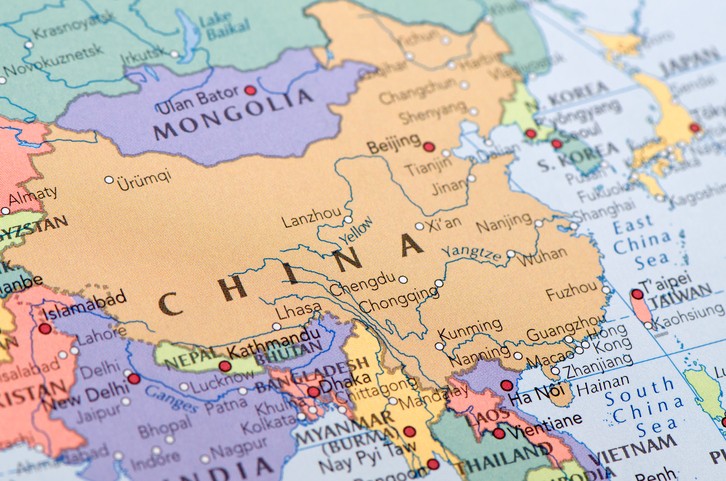Economic growth in China has remained strong in 2017, supported by rising household incomes and improving external demand. Growth is projected at 6.8 percent in 2017, exceeding initial expectations, according to the World Bank’s China Economic Update released today.
“China has maintained its growth resilience and gained reform momentum. The authorities have undertaken a host of policy and regulatory measures aimed at reducing macroeconomic imbalances and limiting financial risks without notable impact on growth. As a result,2017 has been a successful year for China on many fronts. Economic rebalancing received a boost—the growth of household incomes and consumption accelerated this year relative to investment,” said John Litwack, World Bank Lead Economist for China.
The recovery in global trade has been an important factor supporting economic activity in China in 2017, with net exports contributing positively to growth for three consecutive quarters, compared to a negative contribution in 2015-2016. Business confidence has improved as well, job creation remains buoyant, capital outflows have stabilized, and the Renminbi has appreciated against the US dollar, the Update says.
Since late 2016, the Government has introduced important measures to slow down the pace of leverage in the economy. These include tighter monetary policy and a series of regulations to reduce financial risks. In response, growth in total credit to the non-financial sector moderated to 14.1 percent annualized in the eleven months of 2017, compared to 15.9 percent in 2016. An even more significant slowdown in the expansion of credit has been observed in the non-bank financial market.
GDP growth is expected to decelerate to 6.4 percent in 2018 and 6.3 percent in 2019 mainly because of domestic policy tightening. Prudent monetary policy, stricter financial sector regulation, and the Government’s continuing efforts to restructure the economy and to reign in the pace of leveraging are expected to contribute to the growth moderation.
“Favorable economic conditions make this a particularly opportune time to further reduce macroeconomic vulnerabilities and pursue reforms that target ‘better quality, more efficient, fairer, and more sustainable development,’ as emphasized by President Xi during the 19th Party Congress in October,” said Elitza Mileva, World Bank Senior Economist and co-author of the report.
The special topics included in this report take stock of two important on-going reforms – of the government budget and of China’s pension system. Successful implementation of these reforms is critical to China’s macroeconomic stability, economic rebalancing, and social transformation over the coming years.

